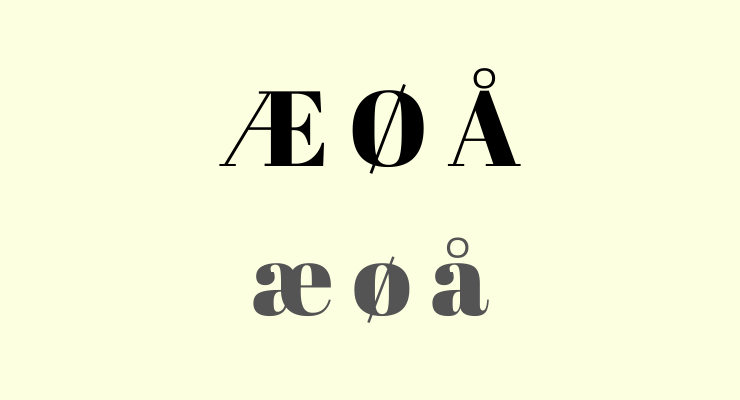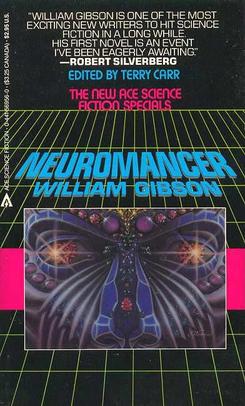No, I’m not talking about Tolkien Elvish or Klingon or something like that.
I’m talking about English.
That’s right, English isn’t my first language. If you hadn’t noticed, I couldn’t be happier.
My first language is Norwegian. As in the language of Norway. We’re not a big country, just over 5 million people. And while Danes (+5 million) and Swedes (+10 million) can read Norwegian just fine if they have to, that’s not something they would do for entertainment purposes.
So beyond those 5 million people, my target audience is limited – and 5 million was pretty limiting, to begin with. I could get translated, I suppose, but that mostly happens to already commercially successful writers. Which I’m not, I’m afraid. Furthermore, what Norwegian authors do get translated are mostly crime writers. Well, that was an oversimplification, but you get the picture.
Fun fact: there are about 5 million people in the US with Norwegian roots but almost none of them actually speak Norwegian, let alone read books in Norwegian.

Why did I end up writing in English?
To become internationally famous and universally acclaimed, I hear you say.
Sorry, not the right answer.
A big part of that decision – if it can be called a conscious decision, it sort of just happened, almost subconsciously – has to do with my favorite genres. Those being sci-fi and fantasy. Growing up, there were no Norwegian fantasy authors at all. None that I was aware of, anyway. The only Norwegian translations I could find at the library were the Hobbit and Lord of the Rings. Sci-fi was almost the same. We did have Bing & Bringsværd who wrote fabulous Norwegian sci-fi, but that wasn’t nearly enough for my young, malleable mind.
To read more fantasy and sci-fi, I had to force myself to read them in English. All Norwegian children learn English in school but I was young and these books were so much more than the childish schoolbook texts we worked with…
LotR in English to experience the real deal (turned out the Norwegian translation I had was really, really good). Herbert’s Dune series. Neuromancer by Gibson. Terry Pratchett. Wheel of Time. The list is much longer, but you get the picture.
My point is as follows: to me, the fantasy and sci-fi genres are firmly linked to English, not Norwegian. English is the language of the far future – and of the magical past. It just feels wrong somehow to read – and write – in Nowegian.
So that the real reason I started writing in English. It was the right thing to do for me.
The current literary situation in Norway is a bit different. Fantasy being much bigger than sci-fi, we actually got some genre writers that do write in Norwegian. Some of them are doing well by all accounts but I can’t get into it because they aren’t in English. Maybe if they were translated – only half-joking.
Fast forward to where I started posting my amateur writing online. Guess how many Norwegian sites there are for sharing stuff? ‘Not many’ is indeed the correct answer. So my English bias only got reinforced. Which in turn led me to write stuff like poetry, shorts, and erotica in English.
These days I can’t really envision going back to writing in Norwegian. One exception though: I’ve written a children’s book in Norwegian. That felt pretty natural, so maybe if I actually tried, it wouldn’t be so hard to write other genres as well?

Writing in a second language is a unique challenge. While I’m already ‘good enough’ to be writing in English, and my proficiency is ever-increasing, there are some finer grammatical points I haven’t fully mastered. My vocabulary is fine, I think. You can never know too many words, but just learning a bunch of little-used words to spice up your text isn’t a good move anyway. Idioms and standard phrases can be an issue. There are some obscure differences in punctuation. Prepositions are easily translated, but they are sometimes used differently between English and Norwegian. Those are some examples off the top of my head.
It’s not an insurmountable obstacle by any means, but it does require extra diligence on my part. And sometimes I do make mistakes that a native writer wouldn’t. I like to tell myself that when I get a professional editor, he or she will spot such blunders immediately.
The advantages of writing in English far outstrip the drawbacks: when I’m picked up and published, my work is already in English, ready to be read by a good portion of the people of the world, no translation required 🙂

